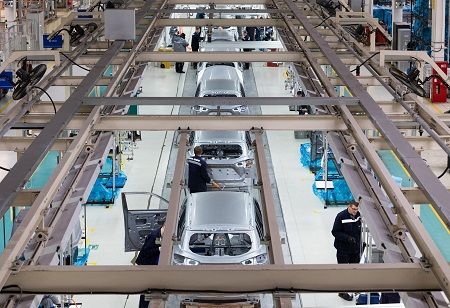
Tesla intends to establish an electric vehicle (EV) assembly facility in Satara, Maharashtra, India functioning as a completely knocked down (CKD) unit to take advantage of reduced import tariffs. The CKD assembly enables Tesla to bring in components and locally build EVs, following India's regulations that promote local electric vehicle production.
The firm had considered locations in Andhra Pradesh and Gujarat and evaluated a partnership with Megha Engineering, yet Satara has now surfaced as the probable site. Tesla has rented office space in Mumbai and obtained showroom sites in both Delhi and Mumbai while employing more than 30 positions in India to assist operations.
India's updated EV policy is strategically crafted to lure international manufacturers while fostering local competencies, highlighting a refined industrial strategy. In contrast to several markets Tesla has entered, India's EV passenger car sector is already led by dominant companies, with Tata Motors commanding 62.26% of the market and MG Motors possessing 21.75%.
These local champions have achieved their success through vehicles tailored for Indian conditions and price ranges, posing a possible obstacle for Tesla’s typically premium-centered approach.
The competitive challenge goes beyond current leaders, as projections indicate that Tesla’s dominance in the global EV market is being contested by firms such as Volkswagen and BYD, with the latter also making its entry into the Indian market.
To succeed in India’s EV market, manufacturers must tailor their strategies to local adoption trends, which may clarify why Tesla is initially establishing a small assembly operation instead of a complete manufacturing facility.

